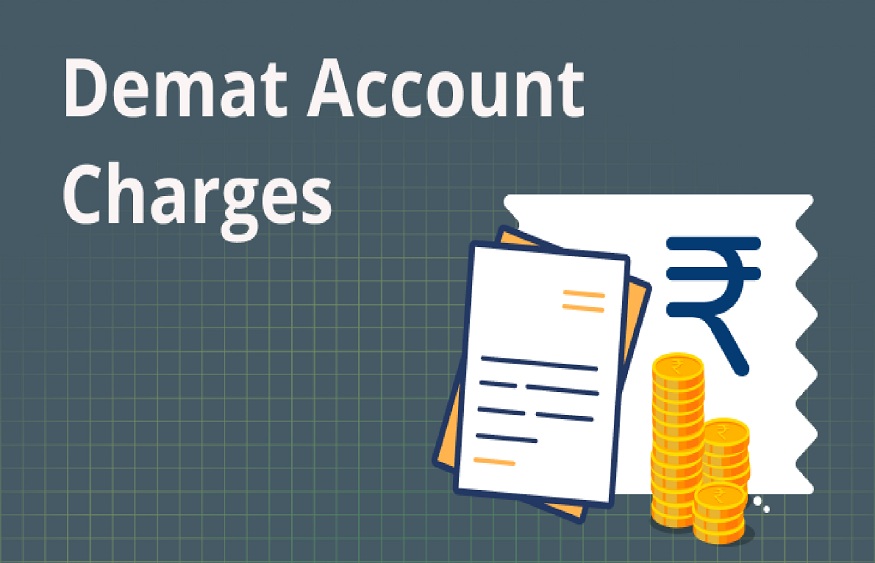Demat Account Charges: What You Need to Know
The world of Demat accounts, with its promise of secure and efficient shareholding, beckons many investors. Yet, behind the convenience lies a layer of fees that can raise eyebrows and prompt questions. Know what is demat account? Fear not, for this guide aims to demystify Demat account charges, empowering you to make informed decisions and navigate your investment journey with confidence.
Breaking Down the Big Picture: Demat accounts aren’t free, but the charges incurred aren’t hidden monsters lurking in the shadows. They can be broadly categorized into:
Account Maintenance Charges (AMC): These annual fees, typically ranging from Rs. 300 to Rs. 800, cover the basic upkeep of your Demat account, like record-keeping and infrastructure maintenance. Some brokers waive AMCs for the first year or for accounts with a minimum balance. Check what is Tata Motors share price.
Transaction Charges: These per-trade fees are levied on every buy-and-sell order you place. Costs can vary based on the broker, order type, and transaction value. Generally, the higher the transaction value, the lower the percentage fee.
Delivery Charges: When you take physical delivery of shares (rare in the digital age), additional charges like handling fees and stamp duty charges apply. Know what is demat account?
Other Potential Charges: Some brokers might charge for additional services like SMS alerts, account closure, or inactivity. Carefully review the fee schedule of your chosen broker to avoid surprises. Check what is Tata Motors share price?
Understanding the Variables: The cost of your Demat account can be influenced by several factors:
Broker Choice: Different brokers have different fee structures. Compare AMCs, transaction charges, and additional fees before choosing one.
Trading Frequency: The more you trade, the higher your transaction charges will be. Consider choosing a broker with lower per-trade fees if you’re an active trader.
Investment Size: Some brokers offer discounts on transaction charges for larger transactions. Check what is demat account.
Account Type: Certain account types, like basic services Demat accounts, have lower fees but limited features. Choose the type that best fits your needs and trading style.
Tips for Reducing Costs:
Negotiate with your broker: Don’t be afraid to negotiate AMCs or transaction charges, especially if you plan to be a long-term client.
Utilize discount brokers: These online brokers typically offer lower fees than traditional brokers.
Trade in bulk: Consider placing larger orders less frequently to minimize per-trade charges.
Choose the right account type: Opt for an account type that aligns with your trading frequency and needs. Check what is tata motors share price?
Stay informed: Monitor your account statements and transaction confirmations to track your charges and identify any discrepancies.
Remember: While charges are an important consideration, don’t solely focus on the cheapest option. Prioritize factors like reliability, platform features, and customer support when choosing a broker. A good broker can more than compensate for slightly higher fees through valuable services and expertise. Check what is tata motors share price?
Beyond the Numbers: Demat account charges, while inevitable, shouldn’t deter you from entering the exciting world of investments. By understanding the fees, comparing options, and adopting cost-saving strategies, you can ensure that your financial journey is smoother and more efficient. Embrace the convenience and security of Demat accounts, navigate the fee landscape with knowledge, and watch your portfolio flourish under the watchful eye of digital shareholding. Know what is demat account?



